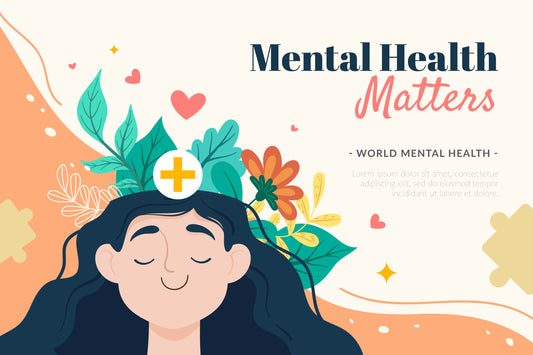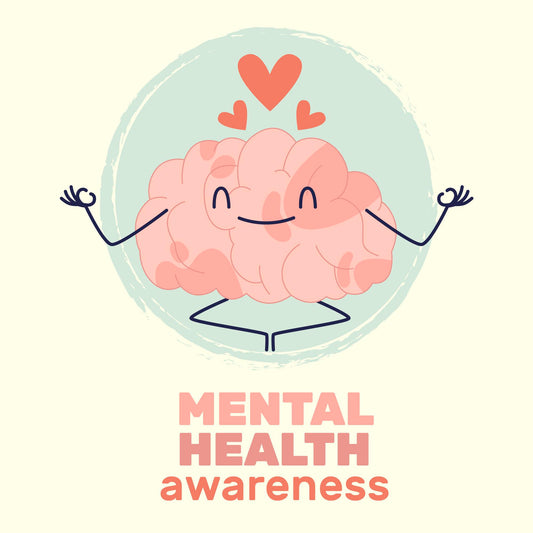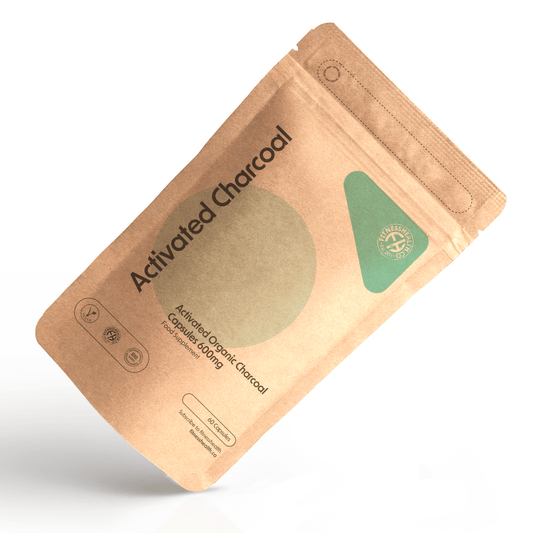Sleep assumes an imperative part of your physical wellbeing. For instance, rest is associated with mending and repair of your heart and veins. Inadequate sleep is connected to an expanded danger of coronary illness, kidney sickness, hypertension, diabetes, and stroke.
Even though, almost all of the human beings are aware of the importance of sleep in their lives, but still, not most of them take a proper sleep; that is, its vitality is being neglected. To additionally confound matters, stimulants like espresso and caffeinated drinks, wake up timers, and outer lights—including those from electronic gadgets—meddles with our regular sleep cycle.
Eight hours is normally assumed to be the perfect sleep hours required in a day, however, despite several types of researches, the exact amount of required sleep cannot be figured out since people sleep needs differ with respect to their age, body mass and productivity levels.
New researchers, however, overhauled the prescribed sleep ranges for different age groups. A rundown of the new proposals incorporates:
- Infants (0-3 months): Sleep run limited to 14-17 hours every day (already it was 12-18)
- Babies (4-11 months): Sleep extend augmented two hours to 12-15 hours (beforehand it was 14-15)
- Babies (1-2 years): Sleep extend augmented by one hour to 11-14 hours (beforehand it was 12-14)
- Preschoolers (3-5): Sleep extend augmented by one hour to 10-13 hours (beforehand it was 11-13)
- School-age youngsters (6-13): Sleep run augmented by one hour to 9-11 hours (already it was 10-11)
- Young people (14-17): Sleep run augmented by one hour to 8-10 hours (already it was 8.5-9.5)
- More youthful grown-ups (18-25): Sleep extend 7-9 hours (new age class)
- Grown-ups (26-64): Sleep extend did not change and remains 7-9 hours
- More established grown-ups (65+): Sleep go 7-8 hours (new age classification)
Keep in mind that it's not only the number of hours you spend snoozing that is essential—it's the nature of those hours. In the event that you give yourself a lot of time for sleep yet at the same time experience difficulty getting up early in the day or remaining active throughout the day, you may not invest enough energy in the distinctive phases of sleep. To start another way towards more beneficial rest and a more advantageous way of life, start by evaluating your own individual needs and requirements. Perceive how you react to various patterns and duration of sleep in order to make some adjustments accordingly.
Give careful consideration to your temperament, vitality, and wellbeing following a poor night's rest versus a decent one. Ask yourself, "How regularly do I get a decent night's sleep?" Don’t forget that like proper eating regimen and exercise; sleep is also a basic part of general wellbeing.
To make ready for better rest, adopt these simple yet compelling sound sleep tips, including:
- Follow a proper sleeping schedule, the one that fits you perfectly.
- Make daily exercise a habit.
- Make your bed nicely and set appropriate room temperature to make your sleep more tempting and sound.
- Stay away from coffee and other caffeine intakes.
- Keep all of the electronic gadgets away from you.
In case that you are having rest related issues (either dozing over 9 hours per night, dozing under 5 hours for each night, having incessantly irritated rest and sleep, or trouble waking up), see your doctor for getting the disorder resolved timely, so it may not affect your productivity at daytimes and overall health as well. Also, sleep deprived may also experience:
- Fatigue
- Mood swings
- Decreased focus/concentration levels
- Stress and depression
So, on average get an adequate level of 7 to 8 of sleep every day to minimize the chances of such problems and experience a stress-free and energetic lifestyle.








